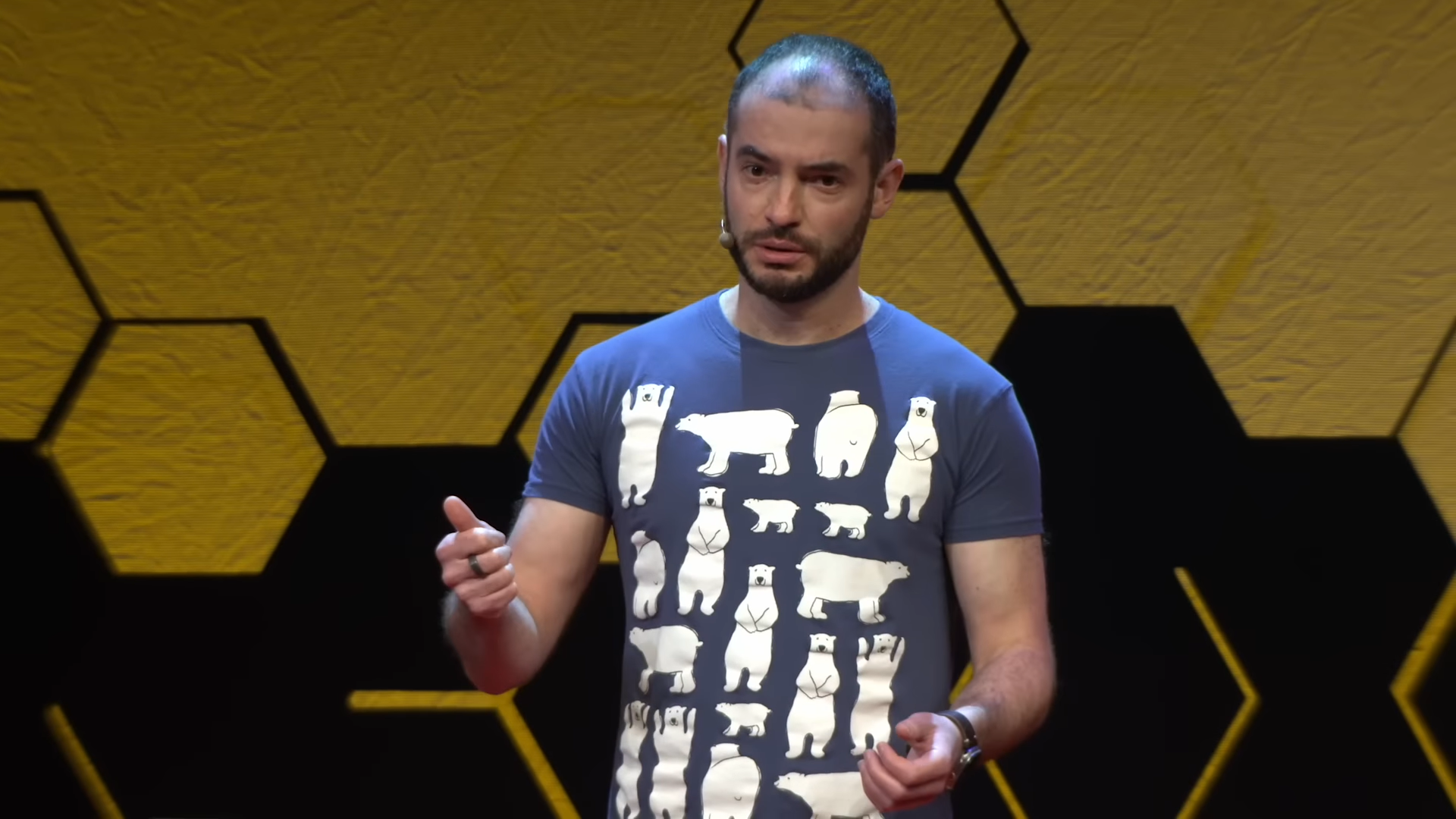In a recent exclusive interview with Wired, Ilya Sutskever, Chief Scientist at OpenAI, delved into the pressing issue of ensuring the safety and control of super-intelligent AI models. OpenAI, founded with a commitment to developing AI that benefits humanity, is actively working on tackling the challenges posed by the rapid advancement of artificial intelligence.
The Growing Importance of AI Safety
Sutskever emphasized the increasing significance of AI safety as artificial intelligence continues to evolve. He highlighted OpenAI's proactive approach to addressing safety concerns, emphasizing the organization's dedication to developing AI technologies that prioritize ethical considerations.
During the interview with Wired, Sutskever discussed OpenAI's groundbreaking initiatives to integrate safety protocols into the core of their AI development processes.
He shared insights into the ongoing research and development efforts that aim to create AI systems capable of independently understanding and adhering to ethical guidelines.
OpenAI's Pioneering Initiatives
OpenAI's researchers have been exploring methods to automate the process of training AI models, as human feedback may become insufficient as AI systems become more powerful.
The team conducted experiments using OpenAI's GPT-2 text generator to teach GPT-4, a more recent and advanced system while maintaining its capabilities. They introduced algorithmic tweaks to allow the stronger model to follow the guidance of the weaker model without compromising performance.
As per TechCrunch, the research conducted by OpenAI's Superalignment team marks an important step towards controlling superhuman AI. It enables weaker AI models to train more advanced ones, establishing a foundation for addressing the broader challenge of superalignment.
While the methods are not without limitations, they provide a starting point for further research and development.
Through ongoing research, collaboration, and grants, OpenAI strives to pave the way for a future where AI systems are aligned with human values and interests.
Photo: TED/ YouTube Screenshot



 Alphabet’s Massive AI Spending Surge Signals Confidence in Google’s Growth Engine
Alphabet’s Massive AI Spending Surge Signals Confidence in Google’s Growth Engine  Jensen Huang Urges Taiwan Suppliers to Boost AI Chip Production Amid Surging Demand
Jensen Huang Urges Taiwan Suppliers to Boost AI Chip Production Amid Surging Demand  SpaceX Seeks FCC Approval for Massive Solar-Powered Satellite Network to Support AI Data Centers
SpaceX Seeks FCC Approval for Massive Solar-Powered Satellite Network to Support AI Data Centers  OpenAI Expands Enterprise AI Strategy With Major Hiring Push Ahead of New Business Offering
OpenAI Expands Enterprise AI Strategy With Major Hiring Push Ahead of New Business Offering  Tencent Shares Slide After WeChat Restricts YuanBao AI Promotional Links
Tencent Shares Slide After WeChat Restricts YuanBao AI Promotional Links  Baidu Approves $5 Billion Share Buyback and Plans First-Ever Dividend in 2026
Baidu Approves $5 Billion Share Buyback and Plans First-Ever Dividend in 2026  SpaceX Updates Starlink Privacy Policy to Allow AI Training as xAI Merger Talks and IPO Loom
SpaceX Updates Starlink Privacy Policy to Allow AI Training as xAI Merger Talks and IPO Loom  Elon Musk’s Empire: SpaceX, Tesla, and xAI Merger Talks Spark Investor Debate
Elon Musk’s Empire: SpaceX, Tesla, and xAI Merger Talks Spark Investor Debate  Nvidia Confirms Major OpenAI Investment Amid AI Funding Race
Nvidia Confirms Major OpenAI Investment Amid AI Funding Race  Nvidia CEO Jensen Huang Says AI Investment Boom Is Just Beginning as NVDA Shares Surge
Nvidia CEO Jensen Huang Says AI Investment Boom Is Just Beginning as NVDA Shares Surge  Nvidia, ByteDance, and the U.S.-China AI Chip Standoff Over H200 Exports
Nvidia, ByteDance, and the U.S.-China AI Chip Standoff Over H200 Exports  Anthropic Eyes $350 Billion Valuation as AI Funding and Share Sale Accelerate
Anthropic Eyes $350 Billion Valuation as AI Funding and Share Sale Accelerate  SoftBank Shares Slide After Arm Earnings Miss Fuels Tech Stock Sell-Off
SoftBank Shares Slide After Arm Earnings Miss Fuels Tech Stock Sell-Off  Global PC Makers Eye Chinese Memory Chip Suppliers Amid Ongoing Supply Crunch
Global PC Makers Eye Chinese Memory Chip Suppliers Amid Ongoing Supply Crunch  AMD Shares Slide Despite Earnings Beat as Cautious Revenue Outlook Weighs on Stock
AMD Shares Slide Despite Earnings Beat as Cautious Revenue Outlook Weighs on Stock 




























